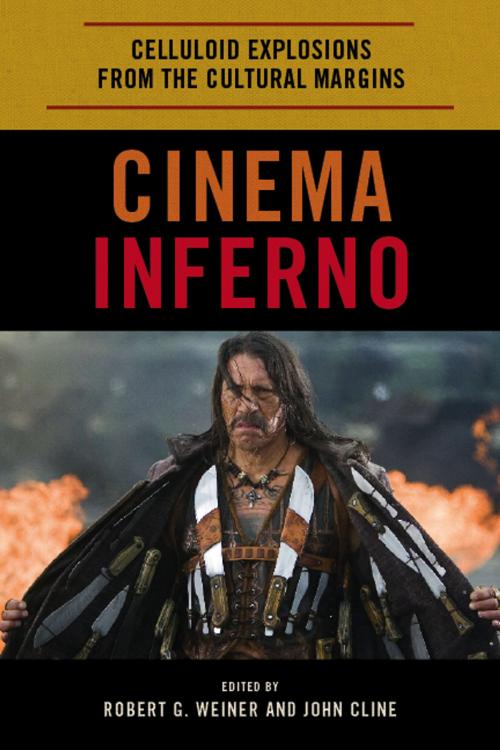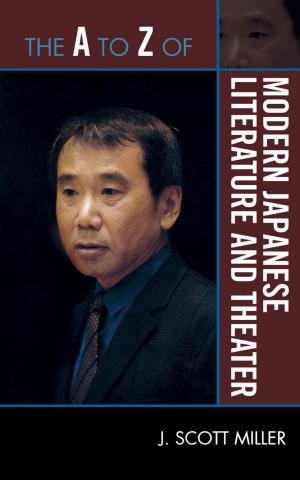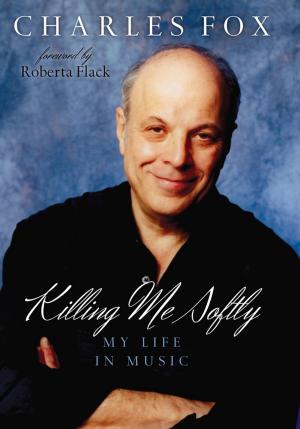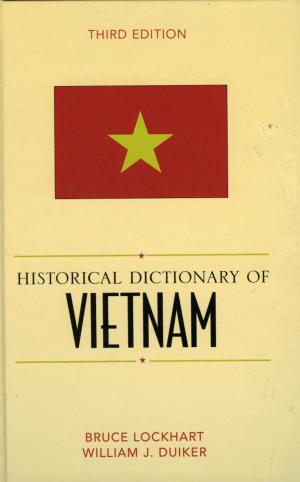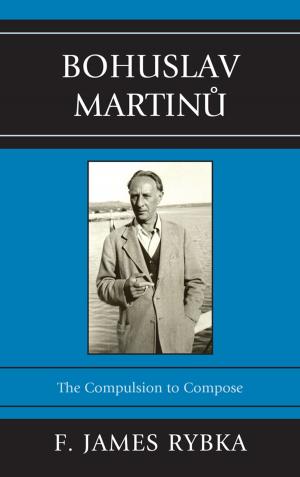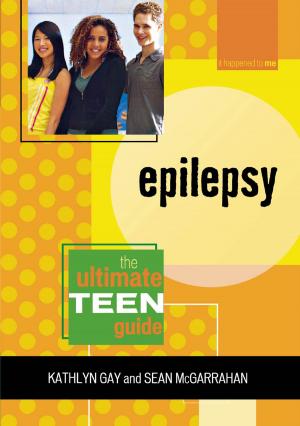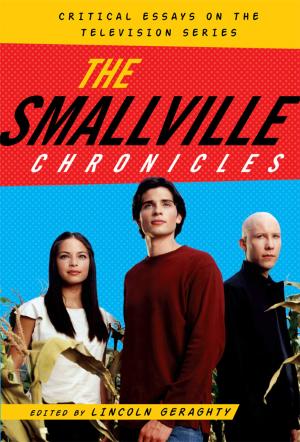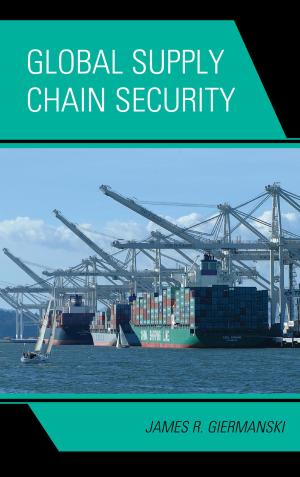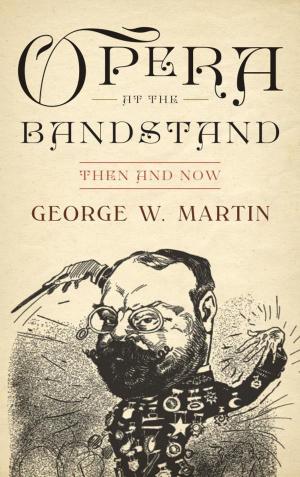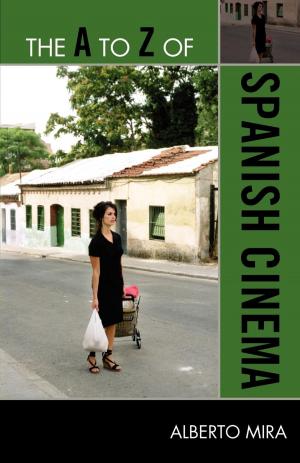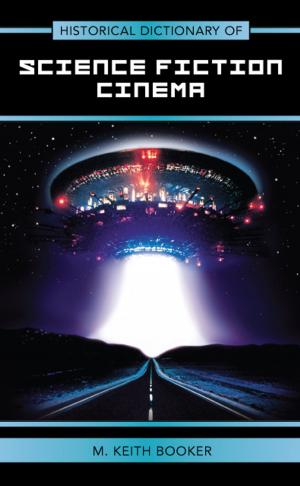Cinema Inferno
Celluloid Explosions from the Cultural Margins
Nonfiction, Entertainment, Film, History & Criticism, Performing Arts| Author: | ISBN: | 9780810876576 | |
| Publisher: | Scarecrow Press | Publication: | July 17, 2010 |
| Imprint: | Scarecrow Press | Language: | English |
| Author: | |
| ISBN: | 9780810876576 |
| Publisher: | Scarecrow Press |
| Publication: | July 17, 2010 |
| Imprint: | Scarecrow Press |
| Language: | English |
Cinema Inferno: Celluloid Explosions from the Cultural Margins addresses significant areas (and eras) of "transgressive" filmmaking, including many subgenres and styles that have not yet received much critical attention. This collection of essays covers both contemporary films and those produced in the last 50 years to provide a theoretical framework for looking at transgressive cinema and what that means.
This volume begins with a number of essays that examine the aesthetic of "realism," tracing it through the late Italian Neo-Realism of Pasolini, the early films of Melvin Van Peebles, and Canadian filmmaker Guy Maddin. Another section focuses on '70s Italian horror and thrillers, including a substantially different examination of filmmaker Dario Argento, as well as essays on critically underrepresented directors Lucio Fulci and Sergio Martino. A section on New York looks at both radical independents like Troma and Andy Milligan, as well as the social context from which a view of the metropolis-in-decay emerged. Sections also cover the experimental work of the Vienna Action Group and controversial filmmaker Michael Haneke, as well as films and genres too idiosyncratic and disturbing to fit anywhere else, including analyses of Nazi propaganda films, fundamentalist Christian "scare" movies, and postwar Japanese youth films. The final essays try to come to terms with a mainstream flirtation with "transgressive" film and Grindhouse aesthetics.
Cinema Inferno: Celluloid Explosions from the Cultural Margins addresses significant areas (and eras) of "transgressive" filmmaking, including many subgenres and styles that have not yet received much critical attention. This collection of essays covers both contemporary films and those produced in the last 50 years to provide a theoretical framework for looking at transgressive cinema and what that means.
This volume begins with a number of essays that examine the aesthetic of "realism," tracing it through the late Italian Neo-Realism of Pasolini, the early films of Melvin Van Peebles, and Canadian filmmaker Guy Maddin. Another section focuses on '70s Italian horror and thrillers, including a substantially different examination of filmmaker Dario Argento, as well as essays on critically underrepresented directors Lucio Fulci and Sergio Martino. A section on New York looks at both radical independents like Troma and Andy Milligan, as well as the social context from which a view of the metropolis-in-decay emerged. Sections also cover the experimental work of the Vienna Action Group and controversial filmmaker Michael Haneke, as well as films and genres too idiosyncratic and disturbing to fit anywhere else, including analyses of Nazi propaganda films, fundamentalist Christian "scare" movies, and postwar Japanese youth films. The final essays try to come to terms with a mainstream flirtation with "transgressive" film and Grindhouse aesthetics.
